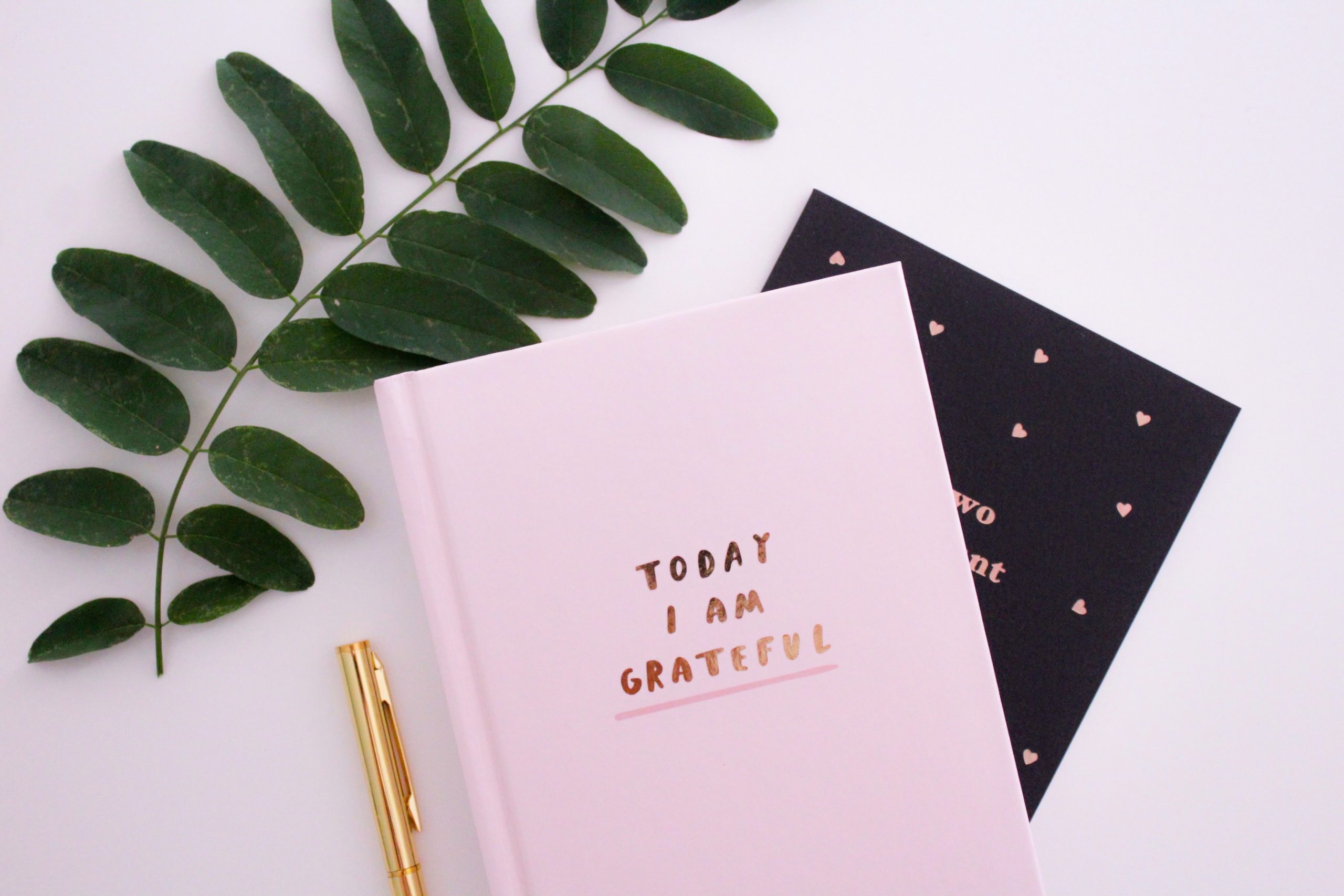
We might not be able to control what’s happening in our world, but we can control how we react to it. While this is an especially challenging task to someone in recovery, focusing on gratitude is a great form of self-care to keep one’s mindset positive and upbeat.
Saying Thank You for the Little Things
You know the saying, “Don’t sweat the small stuff?” It’s a good philosophy for dealing with the things that trouble us. But when it comes to gratitude, it’s the little things that should become our focus.
When we practice being grateful for the small things in our life, it helps us to reform our mindset. Yes, we want big, important things to go our way and make us happy, but when we make it a point to appreciate the small, everyday things in our lives, guess what? We can be thankful—and therefore happier.
Thought: I miss my friends and family. Social distancing is so hard.
Gratitude: I am grateful that everyone is healthy and that we can stay connected over Zoom.
Thought: I am tired and don’t feel like getting up this morning.
Gratitude: I am grateful to have a warm bed to rest in every night.
At first, it might seem like hard work to find these silver linings in our days, especially during a pandemic. But it’s not the actual gratitude that’s hard — it’s creating the habit that’s proving to be a challenge.
How to Make Gratitude a Habit
When you consciously make something part of your day, you are creating a habit. Here are a few ways to begin and end your day with gratitude:
Write in a gratitude journal. Use a journal to list a few things each day for which you are grateful. Some choose to start their day with a journal entry, allowing them to infuse their waking hours with positivity. Others like to end their day writing, giving them the opportunity to reflect and find those silver linings they might not have been able to appreciate earlier.
A journal can also serve as a happy record that you can turn back to when you need a pick-me-up, but a list scrawled on the back of an envelope or a sticky note will do the trick as well. Prefer digital to handwriting? Download a free app, like 365 Gratitude Journal or Grateful, and post there.
Express your thanks out loud. If journaling isn’t your thing, try expressing your gracious sentiments verbally. You can say, “I am thankful for a new day,” before you get out of bed in the morning. During your shower, you might murmur a few words of thanks for how good it feels to be clean and refreshed. (Bonus points if you sing them!) And at night, as you drift off to sleep, a simple “thank you” can send you off into more peaceful slumber.
Meditate. A few moments spent in silence each day can have a transformative effect on your recovery. If you are into yoga, you might choose a mantra that expresses gratitude. But even if you simply sit quietly in a chair for a few minutes, focus a few words of thanks. It can be something as simple as, “I am happy to have these few moments of peace in my day.”
Of course, this is bigger than just being thankful that your coffee is hot and fresh in the morning or that you were able to find a good parking spot at the mall. It’s about reframing your mindset to find and celebrate all the good things in life.
If you can become the type of person who finds joy in the small stuff, imagine how you will feel when you experience the much bigger moments of happiness in your life.
If you’d like to know more about our holistic treatments for addiction recovery, contact our trained admissions counselors at 866-349-1770.
